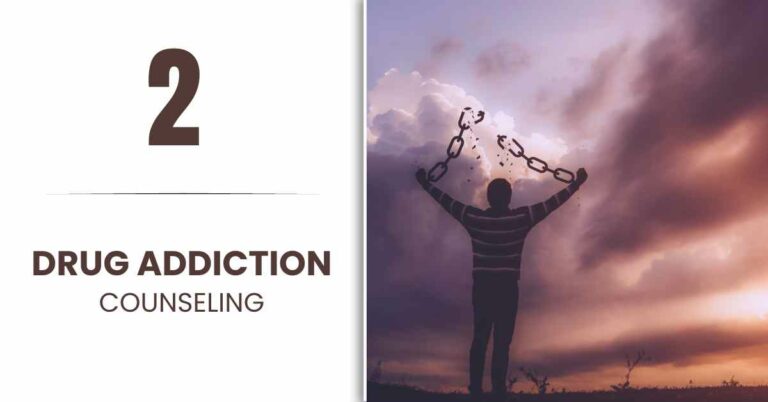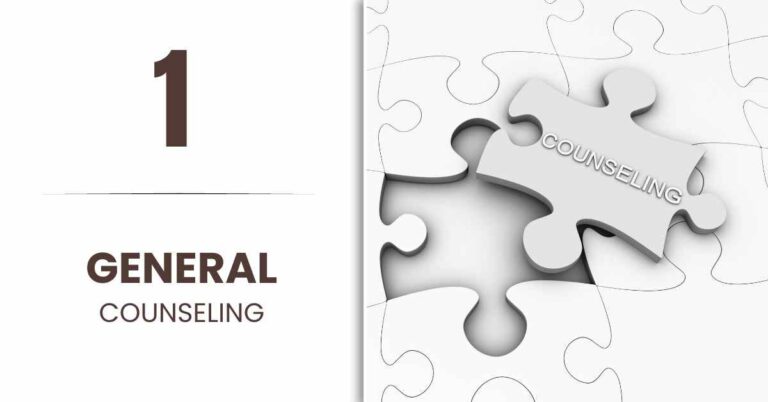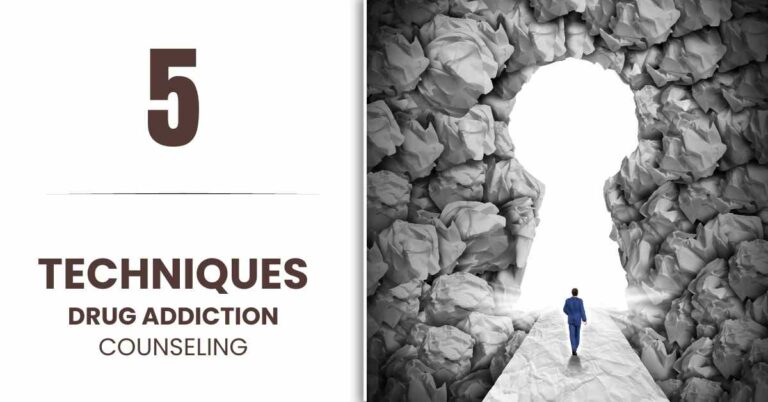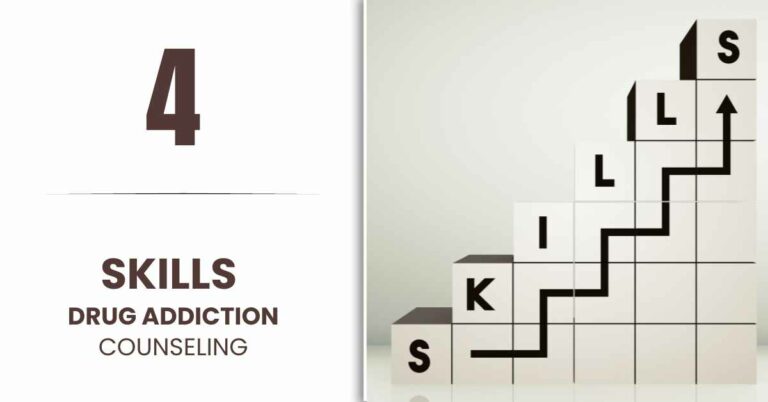
Concepts Of Drug Addiction Counseling
Drug Addiction Counseling As a counselor, you are going to play a very important role in supporting your clients to take responsibility for themselves by

The role of the counselor in addiction counseling is to provide support, education, and non – judgmental assistance to enables change. Counselors must establish a good rapport with their clients. A client recovering from addiction deserves to feel understood and that he or she has an ally. Counselors should convey that they appreciate the difficulty of their clients’ struggle and their need for support through – out the recovery process.
Consider the metaphor of a hiker and a guide. While the guide helps the hiker to know where to go, the hiker still climbs the mountain on her own. The counselor guides the client through the early stages of recovery, but the recovery process ultimately belongs to the client. The client alone is responsible and accountable for his or her recovery. The counselor must emphasize this point to facilitate personal responsibility.
Counselors must find a balance between being directive and allowing the client to be self – directed. Striking a balance will be easier if the counselor imposes a structure on the session that includes giving the client feedback about the client’s progress in recovery, and evaluating any episodes of use or near use. The counselor identifies the relevant topic for discussion, based on what the client seems to need, and introduces that topic. At times, the counselor may directly pressure the client to change certain behaviors.
However, the client should be encouraged to be self-directed. For example, when counseling on a certain topic like “social pressure to use,” your client may explore how best to manage this problem, and you will respond to the client’s exploration. If the client seems unable to change some aspect of addictive behavior – for example, going to risky environments – the counselor should accept where the client is at and assist the client to explore those perceptions or situations in a way that might allow himself or herself to do it differently, (i.e. in a better way the next time).
A balance needs to be struck so there is respect for the client and acceptance of where he or she is, and consistent pressure to help the client move in a direction that will help him/her achieve his/her counseling goals.
Counselors should not be harshly judgmental of clients’ addictive behaviors. After all, if the client did not suffer from addiction, he or she would not need drug addiction counseling, so blaming the client for exhibiting these symptoms is not helpful. Also, clients often feel a great deal of shame associated with their addictive behaviors. In order to help resolve those feelings of shame and guilt, the counselor should encourage the client to speak honestly about drug use and other addictive behaviors and be accepting of what is said.
Counselors should be respectful of their clients. They should always be professional, including not being late for appointments and never treating or talking to the client in a derogatory or disrespectful manner. Moreover, counselors should avoid too much self disclosure. While occasional appropriate self-disclosure can help the client to open up or motivate the client by providing personal examples, too much self-disclosure removes the focus from the client’s own goals. A good rule for when to self-disclose, if the counselor is inclined, is for the counselor first to have a clear purpose or goal for the intervention and then to analyze why he or she is choosing to self-disclose at this particular time. If there is any doubt based on this analysis, it may make sense to save self-disclosure until there remains no doubt.
Lastly, counselors need to refrain from responding from the context of their own personal issues. For example, consider the case where a counselor is having marital problems with his spouse and is going to separate. Suppose this counselor is working with a particular client who has an addicted spouse or partner but does not want to separate from his or her partner. It is imperative that the counselor be flexible and respond creatively to the client’s own perception of the problem. In this case, the counselor must not rigidly adhere to the notion that breaking ties is the only acceptable path to recovery. In general, projection of the counselor’s own needs or experiences onto that of the client’s situation can be damaging and/or counterproductive.
First of all, we need to know the context for counseling.
Why drug users come to seek counseling?
Why drug users do not seek counseling?
In their daily lives, drug users experience discrimination, stigmatization and rejection.
They are often viewed as criminals and outcasts and a target for the community’s anger and fear.
What do drug users worry about?
As a counselor, it is important for you to understand drug users’ worries. So, when clients come to you for counseling, you have an opportunity to help them understand how counseling can help relieve many of the worries that they may have. You will learn many techniques and skills throughout this training to assist your clients and alleviate their worries.
Although in recent years there is an increasing number of community education programs to raise awareness and understanding about drug use, drug users and community health, there remain many myths about drug users.
Drug users often resort to crime to pay for their drugs. Some drug users are criminals before they start using drugs. Many people in the community feel that drug addiction is a moral weakness and do not understand that it is a chronic relapsing disorder that involves changes in the brain, body, and spirit of the drug user. They do not understand that these changes make it difficult for some individuals to avoid using drugs.
what is counseling? Counseling is the purposeful act of providing professional guidance. It utilizes various psychological methods and techniques to guide the client in a constructive direction.
Counseling is an interactive exchange process between counselors and clients to help clients confidentially explore their problems and enhance their capacity to solve their own problems.
There are some key words that I want to discuss in more detail with you.
One is the word intervention. Counseling is an intervention. When you provide guidance or assist a client in making a decision, you intervene in order to help that person to achieve a desired outcome.
Although individuals may come to talk to a counselor about their problems, they often want to be sure that their visit and information is kept confidential. Remember: counseling deals with sensitive issues and breaking confidentiality could cause serious problems.
In order to be effective, counseling must be client – centered, based on individual needs.
The goal and objectives of counseling should be negotiated between the client and the counselor. Ultimately, clients should feel empowered to solve their problems on their own. The counselor assists clients to understand what options are available to them, and to make informed decisions on how best to proceed.
Counseling is catered to the specific needs, issues and circumstances of each individual client. It is an interactive, collaborative and respectful process that helps clients develop autonomy and responsibility for themselves. Counseling should also be focused, with specific goals obtained by asking questions, eliciting information, reviewing options and developing action plans. It takes into account an individual’s social and cultural context, and readiness to change.
Counseling can be provided to individuals, couples, groups or families.
Counseling is most effective when it is voluntary. It is not possible to direct individuals to change their behavior. The use of motivational interviewing, which will be covered later in this training course, provides a mechanism for encouraging change.
Conversations are a mechanism for exchange of information, but they are not purposeful in changing behavior. Counseling provides more than just a conversation in that it provides direction and guidance for behavior change.
Collaboration in effective counseling is essential; it is important to remain open- minded and flexible in your approach. If you appear to be too intrusive into clients’ thoughts and behaviors, they may react by refusing to cooperate with you.
Remember that counseling is an interactive process through which both counselor and client cooperate on achieving agreed upon short-term goals. You place your faith in each other, rather than in a higher being.
Counseling is not: Telling or directing, a conversation, an interrogation, a confession and praying.
Counseling :
Health Education :
A person can be both a counselor and a health educator. But the most important thing is that the person knows which job he/she is doing. Former health educator counselors may often confuse the 2 roles. Remember to set some ground rules with
your client before you start the session. It is appropriate to say that you can provide both education and counseling during a counseling session.
Let’s consider an example of the difference between counseling and health education. In conducting a session on safe sexual practices, health education would entail describing the correct use of a condom, while counseling might entail discussing a client’s concern about why his penis may not stay hard while using a condom.
A good counselor is creative and imaginative and can help clients identify linkages between their thoughts, feelings and behaviors. Many clients will appreciate counselors who can help them organize and articulate their thoughts around specific goals they would like to achieve. A good counselor is flexible and can give practical guidance on ways that clients can achieve their goals.
A mutually respectful relationship will lead to shared communication and agreement on how best to proceed. It’s critical not to impose your views or concerns on your client, but rather to understand his/her views and concerns.
These are things that you need to avoid when providing drug counseling:
Compiled By – Dr. Valsalan Nair

Drug Addiction Counseling As a counselor, you are going to play a very important role in supporting your clients to take responsibility for themselves by

Discover the transformative power of positive thinking in reshaping challenging relationships, particularly within the family. Learn how changing our internal dialogue can manifest harmony in our external world.

Counseling Techniques Sometimes a counselor might know the skills and techniques required for doing effective drug addiction counseling, but that does not necessarily mean that

In this ever rushing age, it is very easy to feel low. Many are even depressed. I call the 21st century the age of depression.

Discover the transformative power of viewing detox not just as a physical cleanse but as a holistic approach to living, emphasizing the profound connection between mind, body, and environment.

योगासन भारत की प्राचीन विद्या है। हज़ारों साल पहले, जब विज्ञान का विकास ही नहीं हुआ था, भारत के ऋषि मुनियों ने जीवन को सदा

Counseling Skills In order to help you understand the difference between skills and techniques, I would like first to discuss “techniques”. A technique is a

Discover how altering just one erroneous belief can significantly transform your life and the lives of those around you. Embrace the journey of introspective change and live life on your terms.

Bible clearly highlights how inexcusable humankind could be if they don’t seek their Heavenly Father. “God’s invisible qualities – His eternal power and divine nature

Exercise is a very important part of your lifestyle. It is not an option. It is a must for all. Exercise is a great way
Start your day with a breeze of positivity and stay motivated with these daily affirmations
After Clicking on Join, You will be redirected to Whatsapp Community to receive daily message. Your identitiy will be secured and no group member will know about another group member who have joined.